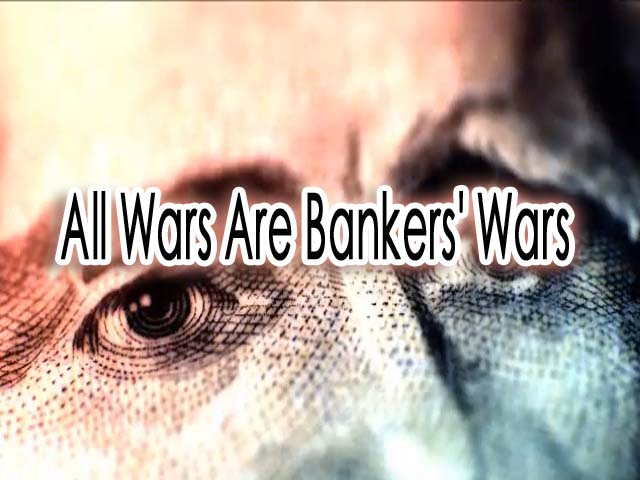The United States fought the American Revolution primarily over King George III's Currency act, which forced the colonists to conduct their business only using printed bank notes borrowed from the Bank of England at interest.
After the revolution, the new United States adopted a radically different economic system in which the government issued its own value-based money, so that private banks like the Bank of England were not siphoning off the wealth of the people through interest-bearing bank notes.
But bankers are nothing if not dedicated to their schemes to acquire your wealth, and know full well how easy it is to corrupt a nation's leaders.
Just one year after Mayer Amschel Rothschild had uttered his infamous "Let me issue and control a nation's money and I care not who makes the laws", the bankers succeeded in setting up a new Private Central Bank called the First Bank of the United States, largely through the efforts of the Rothschild's chief US supporter, Alexander Hamilton.
After the revolution, the new United States adopted a radically different economic system in which the government issued its own value-based money, so that private banks like the Bank of England were not siphoning off the wealth of the people through interest-bearing bank notes.
But bankers are nothing if not dedicated to their schemes to acquire your wealth, and know full well how easy it is to corrupt a nation's leaders.
Just one year after Mayer Amschel Rothschild had uttered his infamous "Let me issue and control a nation's money and I care not who makes the laws", the bankers succeeded in setting up a new Private Central Bank called the First Bank of the United States, largely through the efforts of the Rothschild's chief US supporter, Alexander Hamilton.



 RSS Feed
RSS Feed







